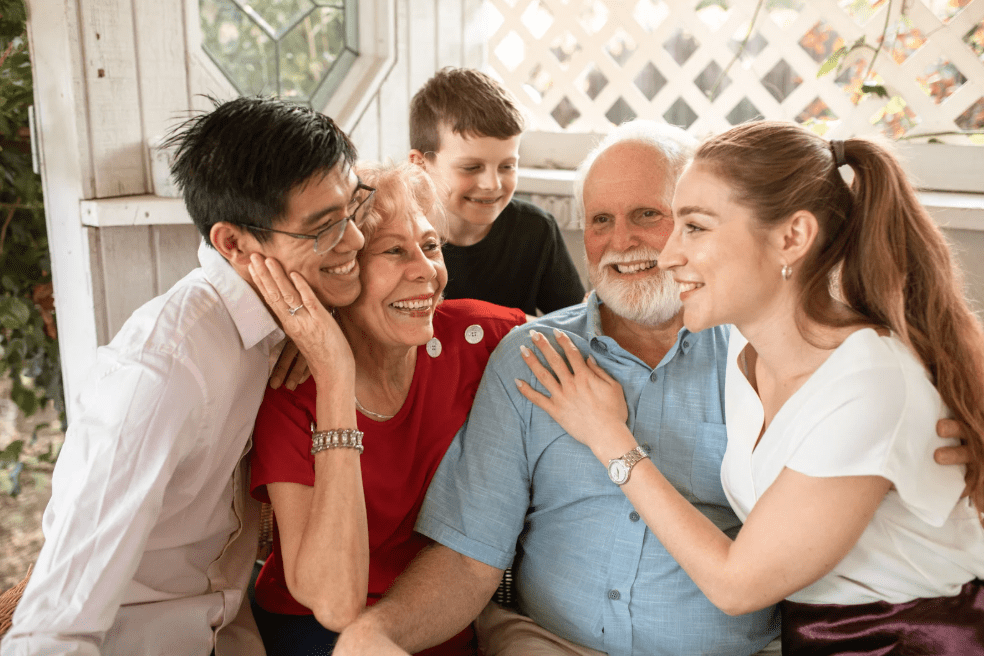Table Of Contents
PTSD, depression, and other acquired mental health disorders are rated based on the severity of the veteran’s symptoms. This isn’t unique to mental health issues and is generally true for all service-connected conditions. One of the symptoms the VA might look at when a veteran is trying to get a 70% rating for a mental health condition is “suicidal ideation”. It is always helpful when the Court provides guidance on how VA needs to apply the disability rating code for mental health conditions, and the Bankhead v. Shulkin case, which was issued on March 27, seems to be a helpful case for vets who are going for a 70% rating.
In this case, the panel of three judges decided that the VA didn’t apply the rating table as written. Instead, the VA erred by using a higher standard that made it harder for the veteran to increase his rating.
First, the VA used a very narrow definition of “suicidal ideation,” wrongly combining it with a danger of self-harm which is, in fact, a symptom of a 100% rating.
Second, the VA was also wrong to deny a 70% rating because the veteran still had some social and occupational functioning. Only a 100% rating requires the veteran to have total occupational and social impairment.
Finally, the VA denied a higher rating, in part, because the veteran had not been treated in a hospital or other inpatient setting. Inpatient care isn’t even discussed in the mental health ratings. The judges at the Court decided that the VA can’t come up with new requirements “out of thin air” then deny the veteran because he or she doesn’t meet those requirements.
So what does it all mean? It means the VA has to apply the rating criteria as it is written. It can’t add hurdles that aren’t written into the rating schedule, and it can’t change the meaning of symptoms. Keep in mind that, when determining the correct rating, the VA has to take all of the veteran’s symptoms into consideration, and the presence or absence of one symptom isn’t usually going to be determinative. But the VA does need to apply the rating table as it is written in making decisions, and the failure to do so is an appealable error.
If you believe your VA disability rating for a mental health condition is incorrect and need to file an appeal, we are here to help. Call Veterans Help Group at (855) 855-8992 or complete our free veterans benefits case evaluation form.

Veterans Help Group Serving Our Community
Veterans Help Group Serving Our Community By Bobbi Boudi, Director of Community Outreach & Amy...

How Much Back Pay Will You Receive?
What is VA Disability Back Pay? VA disability back pay is payment for benefits the veteran was...

Your Guide to VA Ratings: Sleep Apnea
Your Guide to VA Ratings: Sleep Apnea Sleep apnea can be a serious condition that may impact...





